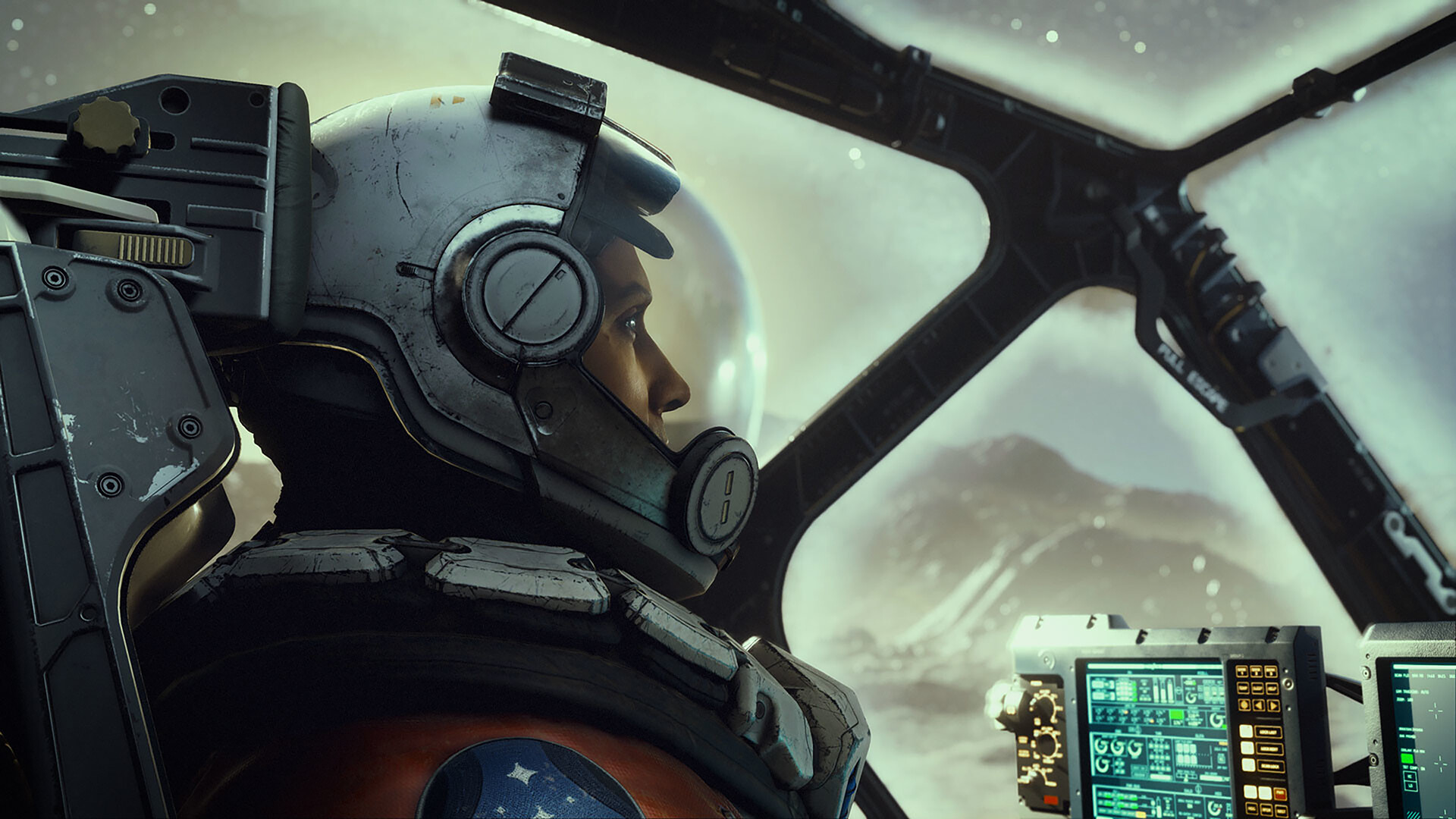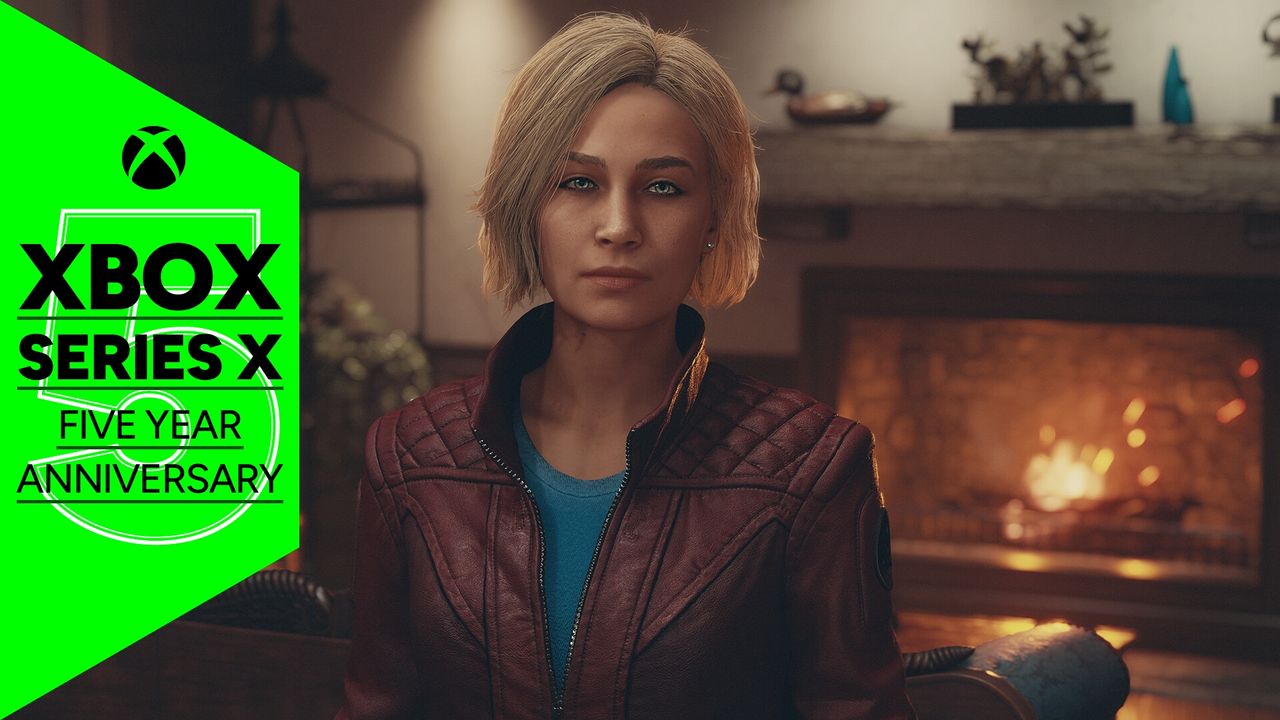
From Starfield to Oblivion, I think Bethesda Game Studios' sandboxes feel more alive than technically superior efforts from other developers. I also believe the studio has smartly distanced each of its properties from the rest – even if the underlying bones are the same. It's why I find some criticisms of Starfield's creative vision odd.
In a post-Mass Effect world, it's hard to bring up the prospect of a new RPG set in outer space without veterans automatically assuming it'll be full of colorful planets, aliens we want to smooch, and traditional space opera elements. Of course, you don't need all of those elements to create a space opera, but it's where most minds wander after decades of pop culture influence. Bethesda, meanwhile, never shied away from the fact it was creating a "very realistic" and "NASA-punk" universe.
Two years after its launch, I find it hard to see Starfield as anything but a huge vacation of sorts for Bethesda Game Studios, a developer stuck inside two far-fetched universes for far too long. The moment you start to accept Starfield as the game Todd Howard and his crew wanted to make and not the space odyssey we'd assumed they'd be crafting, it clicks together. It's a different experience, and one deserving of your attention.
Lost in space
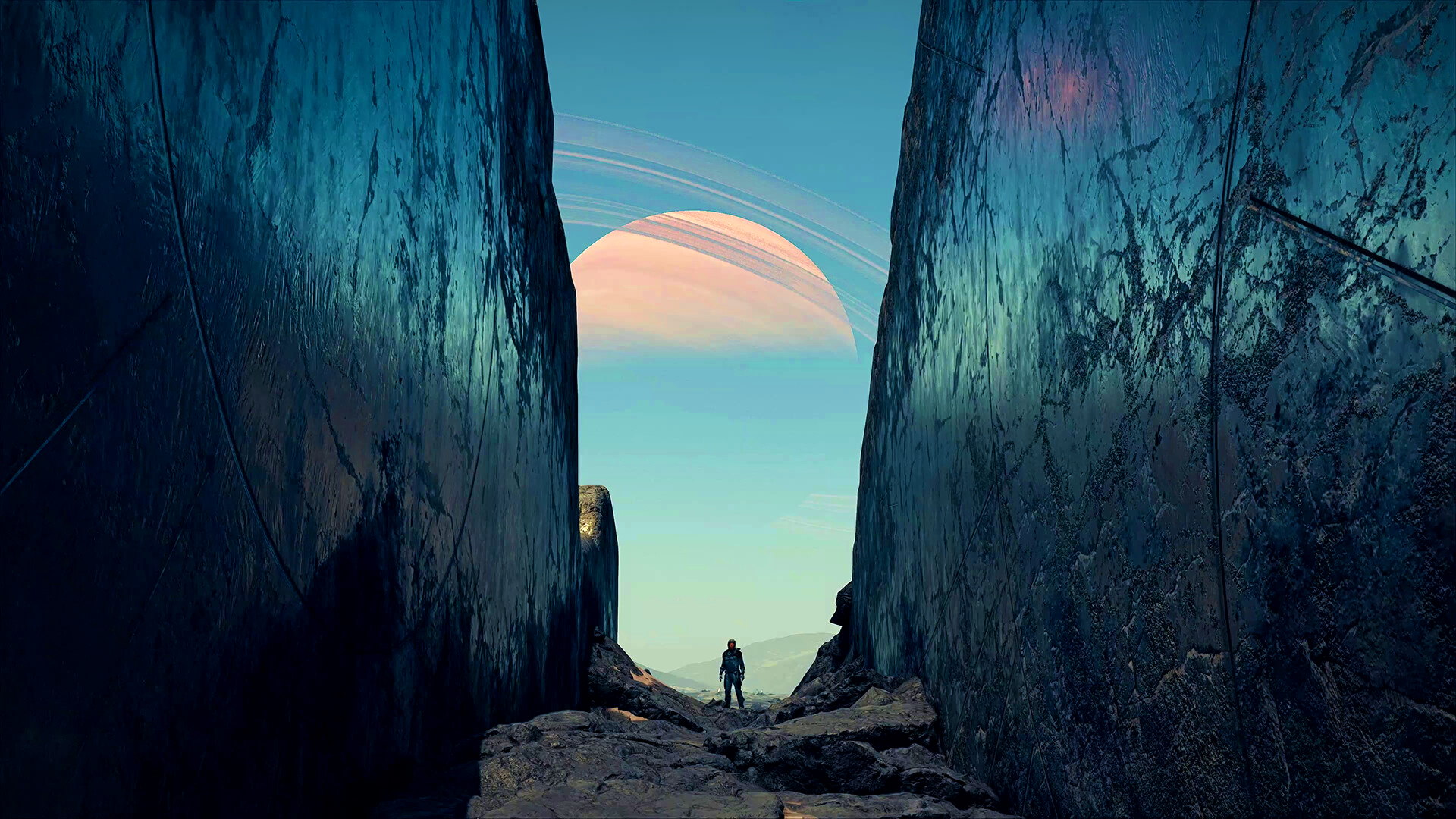
The studio's adventure into deep space comes with its own set of challenges, but also new opportunities. Even if we take the procedurally generated planets – which don't negate the fact the hand-made locations are pretty cool – out of the equation, Starfield tries many new things. Some of them are clearly tied to the more grounded (but not completely realistic) nature of the setting, while others are straight evolutions of the more creative systems that first appeared in Skyrim and blossomed in Fallout 4 and Fallout 76.
To this day, I haven't come across a compelling argument against the big ship-building system, mainly because it's freakin' cool – so cool that No Man's Sky had to borrow it for one of its recent content updates. Bethesda obviously looked at Hello Games' also-initially-troubled space game for inspiration when it came to creating entire planets, so this was a 'full circle' moment of sorts. Yes, loading screens are scary in this day and age, especially after the aforementioned indie sensation cracked seamless journeying across systems long ago. But the ships handle well, are fun to put together like Legos and to customize, and have that 'cozy player home' feeling to them.
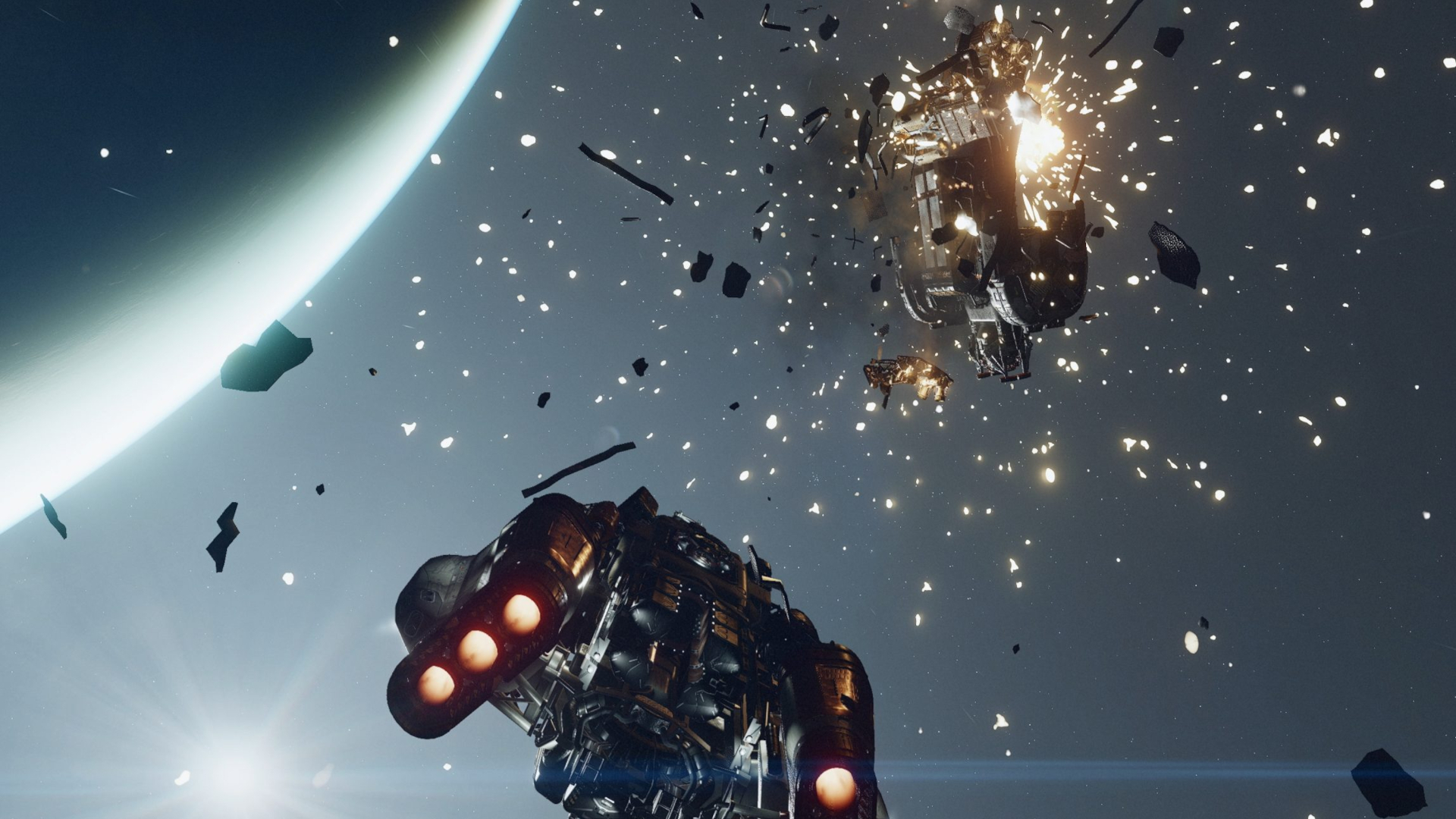
Starfield never took aim at Elite Dangerous or Star Citizen with the spaceship side of the package. Games aren't in direct competition with each other just because they share some elements and belong to the sci-fi genre. Similarly, Starfield didn't try to be Fallout in space only because it has guns and was made by the same studio. It's a sad way of looking at what developers can or cannot do, and after earning so much cred with the Tamriel and Earth-set RPG series, it simply made sense Bethesda pitched something else if Xbox was willing to have it.
In more ways than one, Starfield is a Bethesda RPG for the Interstellar crowd. There's just enough wacky stuff going on to give it a flavor of its own and raise big universe-shaking ideas that could propel more entries, but it embraces the 'space is pretty boring' take and runs with it. From a game developer's perspective, it's one of the hardest and potentially trickiest-to-get-right angles you could choose, so I understand why the kind of gamer who needs constant stimuli may struggle, but in a sci-fi landscape dominated by the likes of Star Wars and Trek, I find it intriguing. Like James Gray's Ad Astra, it says the universe is ours, but that also means there's no one else coming to enlighten us.
A needed respite
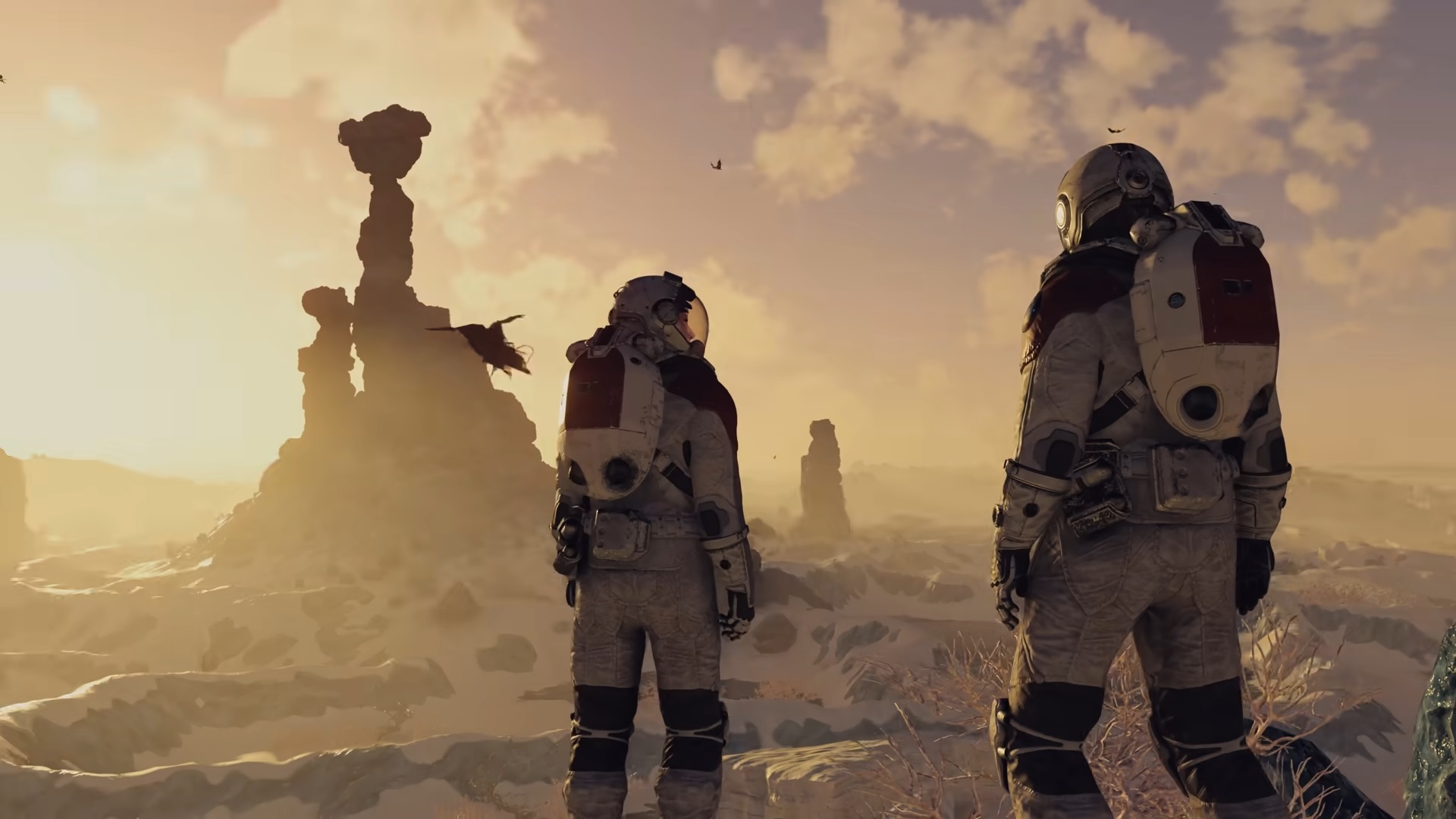
On planetary surfaces, Starfield's open-world offerings are more familiar. The gunplay is snappier, but still belongs to Fallout's family tree. The same could be said about the more roleplaying-heavy quests (such as Shattered Space's core storyline), which, thank the Maker, land closer to the 'older' Bethesda games than Fallout 4's simpler approach. Wastelanders who wandered into the series recently should feel right at home with the game's expanded settlement system though. Even when Starfield doesn't totally come together, it's hard to deny the developers were totally thinking about their mod-loving diehards when they designed it.
The more time you put into the game, the clearer its experimental nature becomes, a beast cobbled together with parts from the past, present, and future of the studio. Free from the shackles of already established universes (and thus stricter expectations), the Settled Systems are the perfect scenario for iteration, evolution, and commitment to greater ideas that may or may not show up in The Elder Scrolls 6. After Starfield's lukewarm reception, I'm leaning towards the upcoming game feeling very traditional.
As millions of players who are short on time above all else are pushed by the algorithms to the 'best' and 'most polished' games, which normally equals staying in the orbit of famous franchises, Starfield was unquestionably a daring AAA bet. Beyond its sandbox nature and pedigree, it never seemed too concerned about pleasing as many gamers as possible. Todd Howard always talked about how it was the game Bethesda wanted to make instead of a game it shouldn't have announced in 2018. Starfield is fascinated by outer space, but has its own way of loving and having fun with it. That has a lot of value, especially at that scale, and it's why I think you should give it a fair shake.
Best Xbox Series X games: The 25 greatest Xbox games to play in 2025
